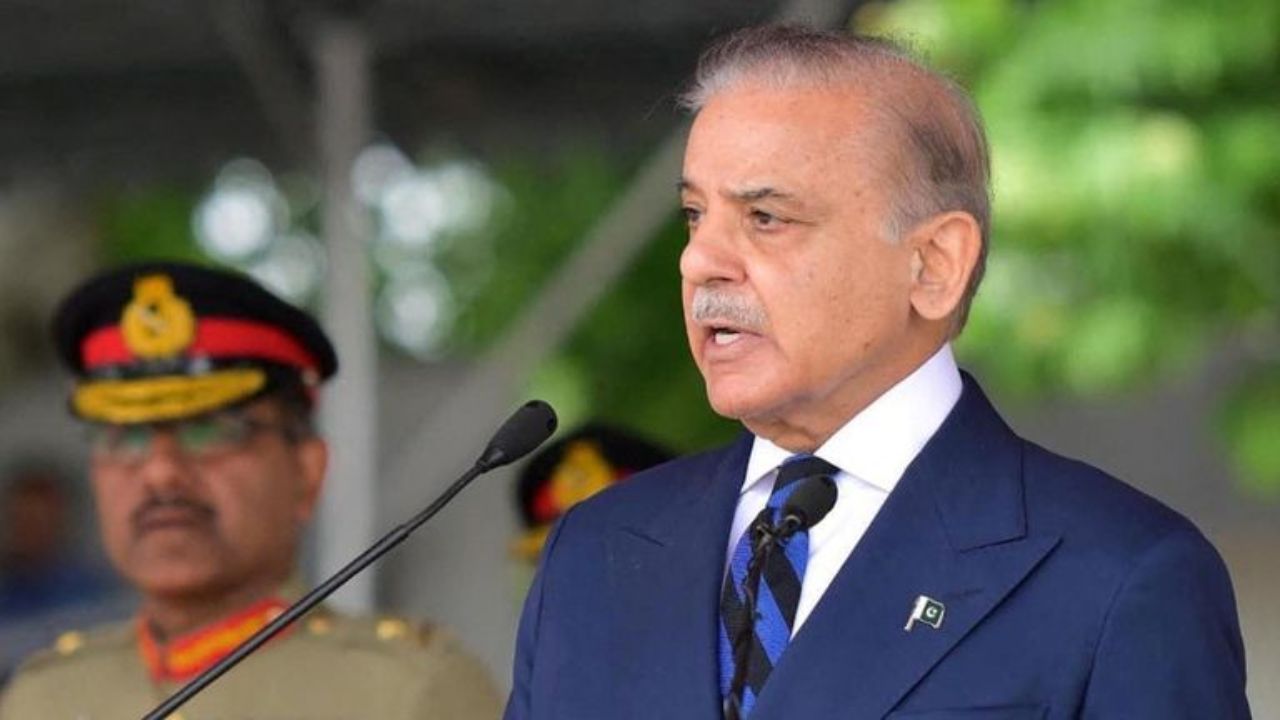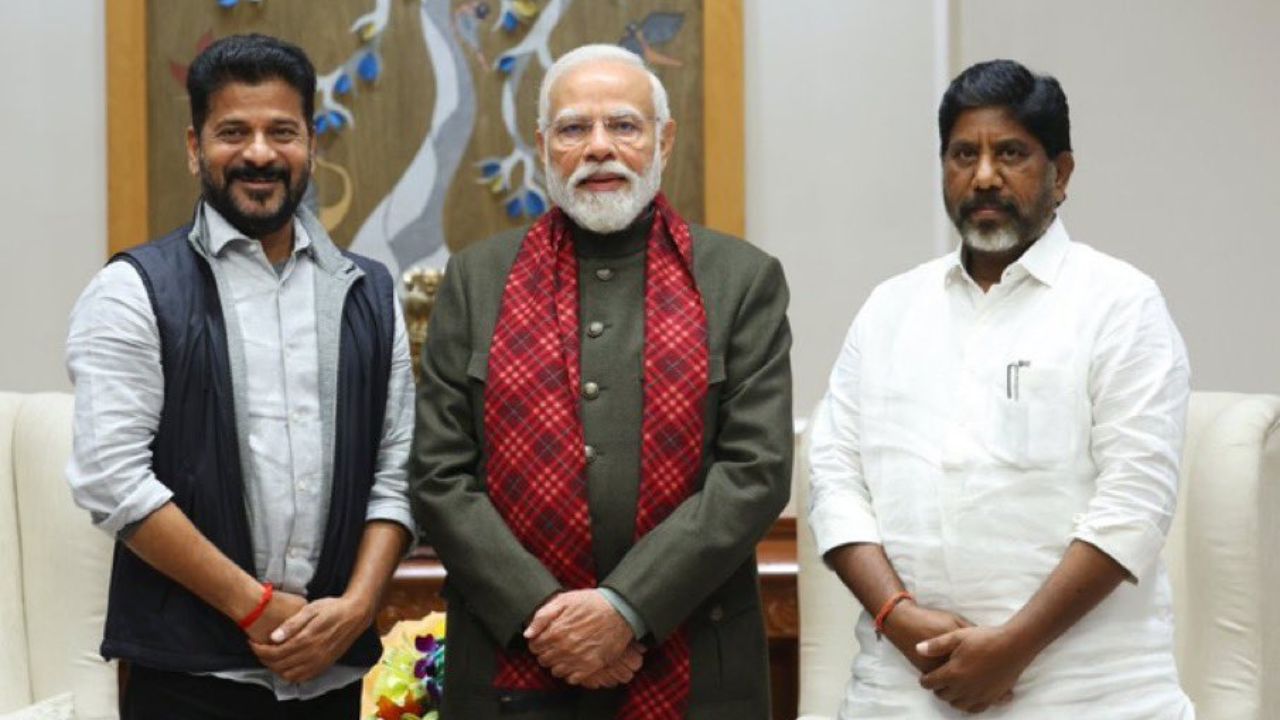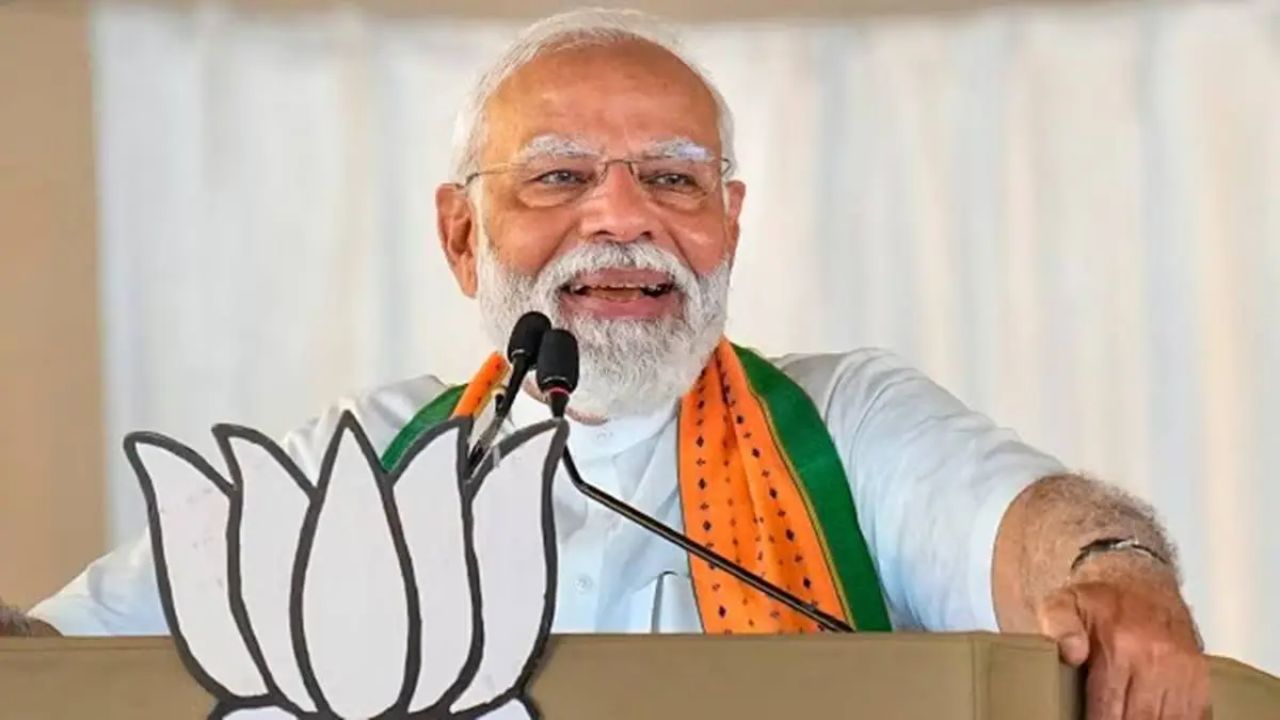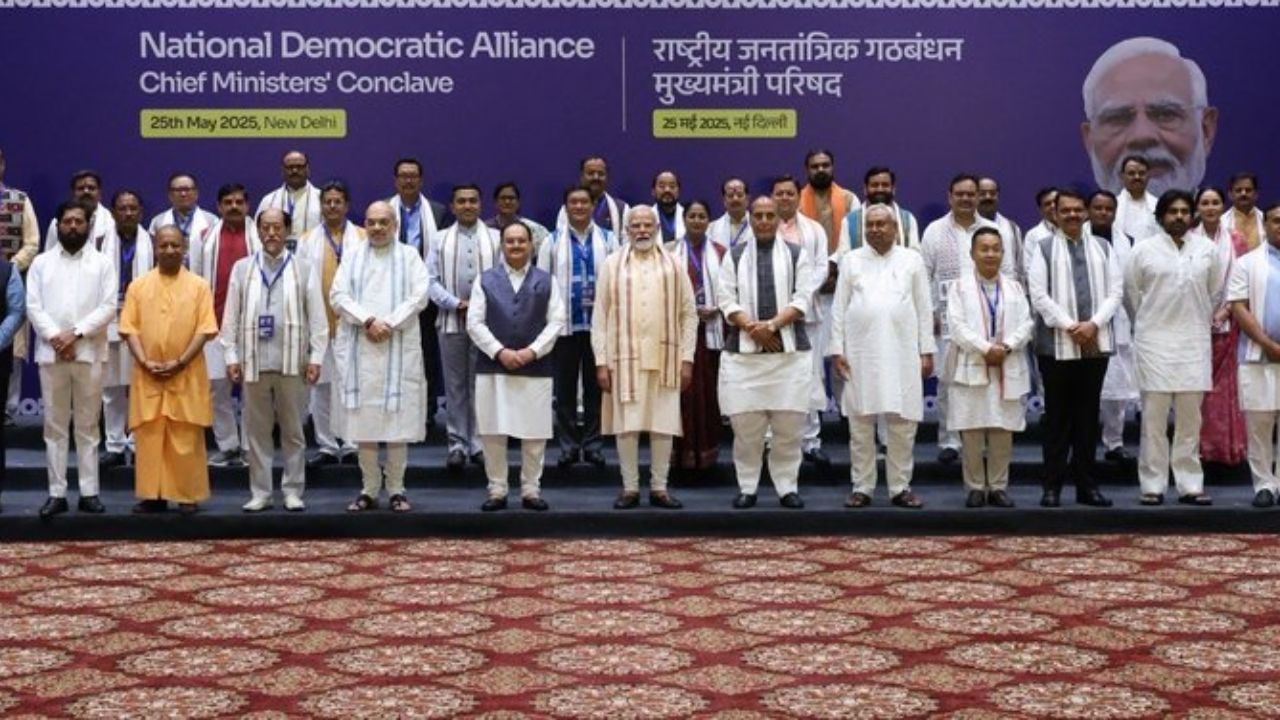In Maharashtra, BJP’s ‘big brother’ role: The strategy behind the party’s negotiation of the Mahayuti alliance deal and portfolio distribution.
Amid intense discussions and negotiations over ministerial portfolios within the Mahayuti alliance—comprising the BJP, Eknath Shinde’s Shiv Sena, and Ajit Pawar’s NCP—there were expectations that the new government’s composition might change. However, the portfolio allocation
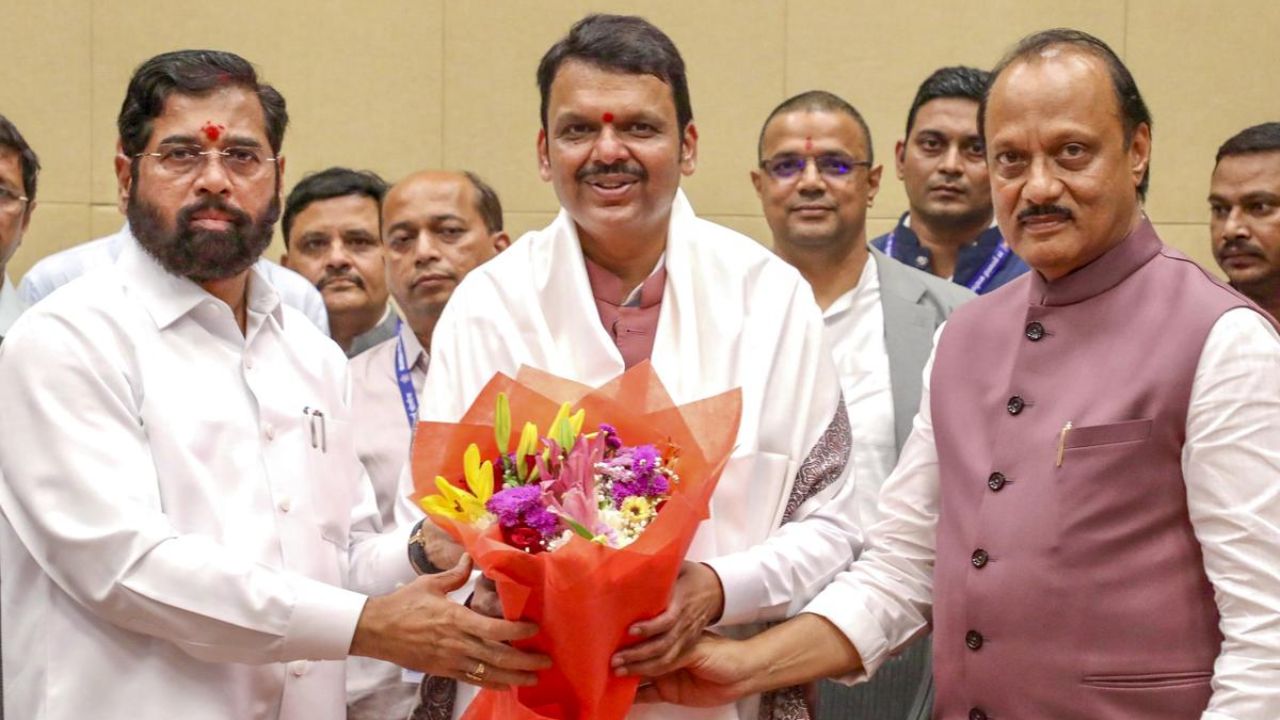
Amid intense discussions and negotiations over ministerial portfolios within the Mahayuti alliance—comprising the BJP, Eknath Shinde’s Shiv Sena, and Ajit Pawar’s NCP—there were expectations that the new government’s composition might change. However, the portfolio allocation finalized on Saturday reveals that the ruling alliance opted for “continuity” with only minor adjustments to maintain the status quo.
BJP state chief and newly appointed minister Chandrashekhar Bawankule remarked, “The allocation of portfolios falls under the Chief Minister’s jurisdiction. In any coalition, there is always some give and take, as everyone’s interests and aspirations must be accommodated.”
Given the numerical strength of the Mahayuti partners—132 BJP MLAs, 57 Shiv Sena, and 41 NCP—dividing ministerial positions was relatively straightforward. The BJP received 20 ministerial posts, including the Chief Minister’s position, while the Shiv Sena and NCP got 12 and 10, respectively. However, the portfolio allocation process was more challenging and took over 15 days to finalize.
Sources indicated that Shinde, having stepped down to accept the Deputy CM role, pressured the BJP more than the NCP in its bid to secure “plum portfolios”. Both Chief Minister Devendra Fadnavis and Shinde were particularly interested in the Home portfolio, which Fadnavis had held previously as Deputy CM. Ajit Pawar insisted on retaining the Finance portfolio, while Shinde demanded Urban Development, Revenue, and PWD (Enterprises) in exchange for scaling back his CM aspirations.
Shinde’s insistence on more Cabinet berths led the Sena to demand 13 Cabinet positions and the Legislative Council Chairperson’s post. However, the BJP granted only 12 ministerial positions to the Sena, with its own MLC Ram Shinde appointed as Council Chairperson. Despite this, the Sena’s pressure led to significant portfolio concessions, including Housing and Public Works.
The BJP and Sena also clashed over the Industry portfolio. While the BJP aimed to appoint its MLA as Industry Minister, the Sena successfully retained the post for Uday Samant.
As the negotiations progressed, Ajit Pawar supported Fadnavis for the top job while pressing for “at least two or three more berths” for the NCP. This strategy paid off, as Ajit retained the Finance portfolio, and the NCP secured key departments such as Agriculture, Cooperation, Medical Health, Food and Civil Supplies, Women and Child Development, and Relief and Rehabilitation.
Following the election results, Union Home Minister Amit Shah made it clear that the BJP would not compromise on key portfolios but assured that each Mahayuti partner would receive its fair share.
Despite its dominant position in both the Assembly and the Cabinet, the BJP worked to maintain balance within the alliance. A senior BJP leader stated, “The party ensured that its status within the alliance wasn’t compromised. Along with the Home and Revenue portfolios, it secured key departments like Energy, Water Resources, Rural Development, Tribal Welfare, OBC Welfare, and Higher Technical Education.”
In an interesting move, the BJP appointed first-time ministers to significant portfolios, including PWD (Shivendraraje Bhosale), Labour (Akash Phundkar), Tribal Welfare (Ashok Uike), and Ports and Fisheries (Nitesh Rane).


